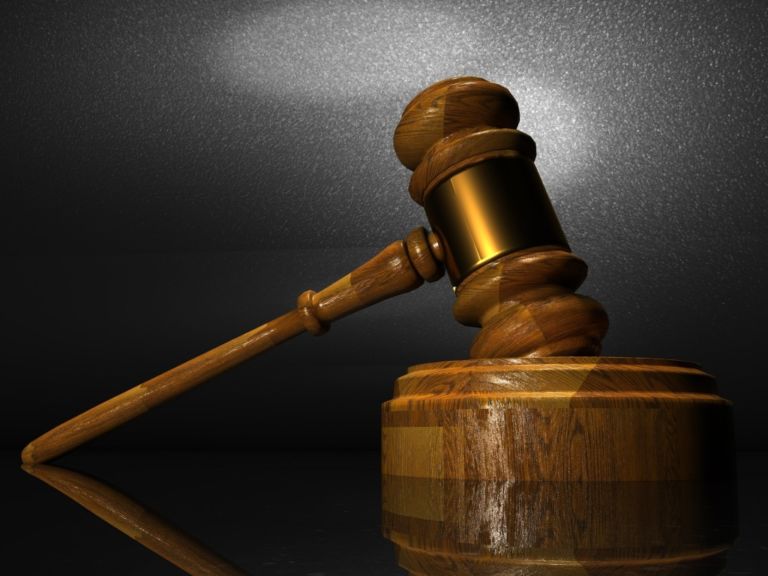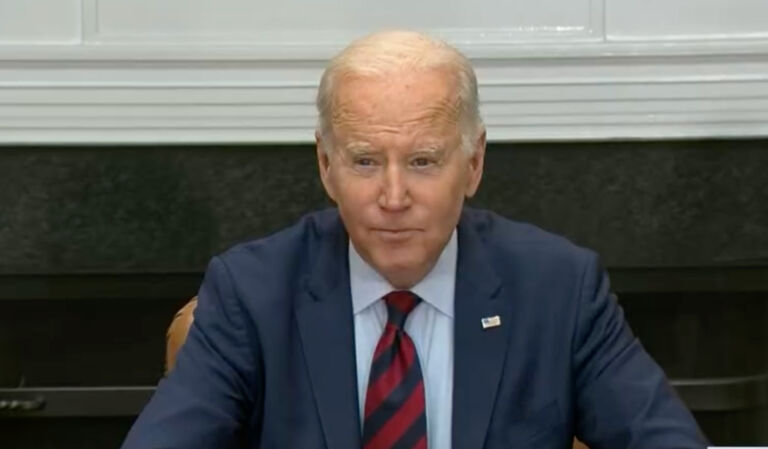Thomas Chatterton Williams writes for The Atlantic about the contrast between the American and French approaches to terrible speech.
Sitting on an outdoor bench at Bard College on Thursday, I watched a procession of several dozen students weave its way across the New York State campus. A young white man with a bullhorn in his hand and a kaffiyeh around his neck led the group in chants of “Long live the intifada” and “No peace on stolen land.” The protesters displayed Palestinian flags and banners that provocatively read from the river to the sea. Although some observers almost certainly disagreed with the message, others stood up and applauded the students as they passed. All of this transpired peacefully, if obnoxiously, and after five minutes the area was silent again.
Like many Americans, I am appalled by the student and political organizations that have excused or, in some cases, rallied in celebration of the October 7 Hamas attack on Jewish civilians, the deadliest single-day assault on Jews in Israel’s history. But I am also grateful to call home a country where such rallies are permissible and where, despite the illiberal criticism of open debate that became fashionable in the summer of 2020, freedom of expression still prevails.
The same day that I watched American liberal-arts students so callously miss the point, French Interior Minister Gérald Darmanin told police, “Pro-Palestinian demonstrations must be prohibited because they are likely to generate disturbances to the public order.” He stipulated that the organization of protests would lead to arrest, and further noted that any foreigner who commits anti-Semitic acts would be “immediately expelled.”
This message might surprise Americans who think French people protest at the drop of a hat. Usually, they do. …
… Even as I’m angered by the spectacle of activists and students praising homicidal actors from afar, I’m grateful for America’s comparatively extreme free-speech norms, its formal and informal commitment first of all to personal liberty. This culture of free exchange is a privilege we take for granted at our own peril.


